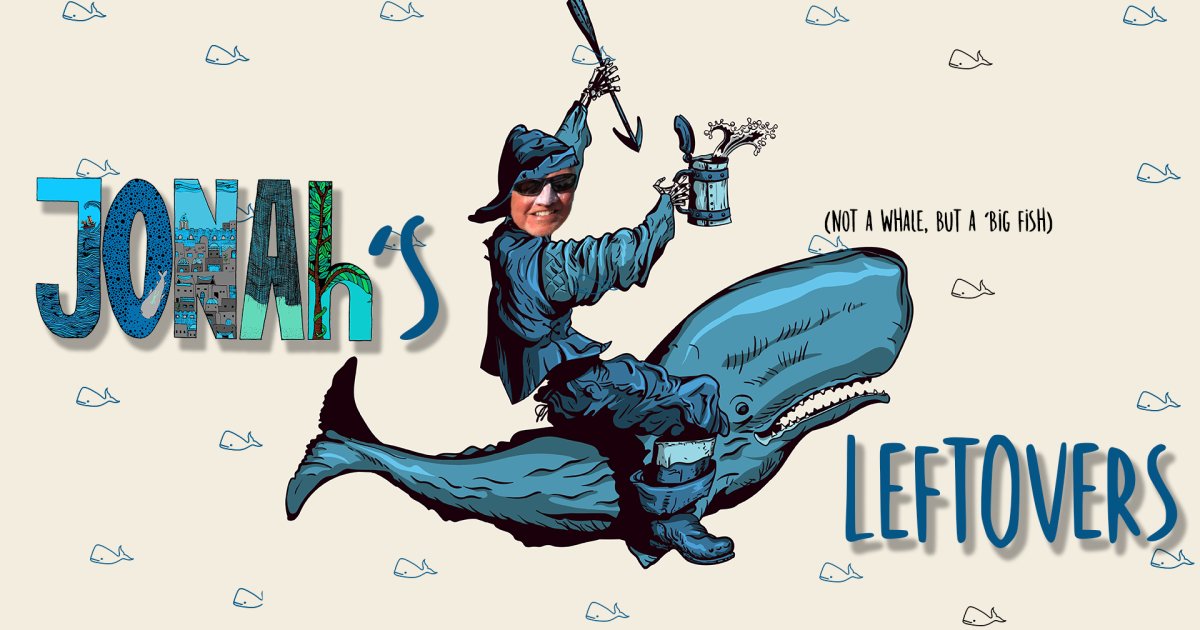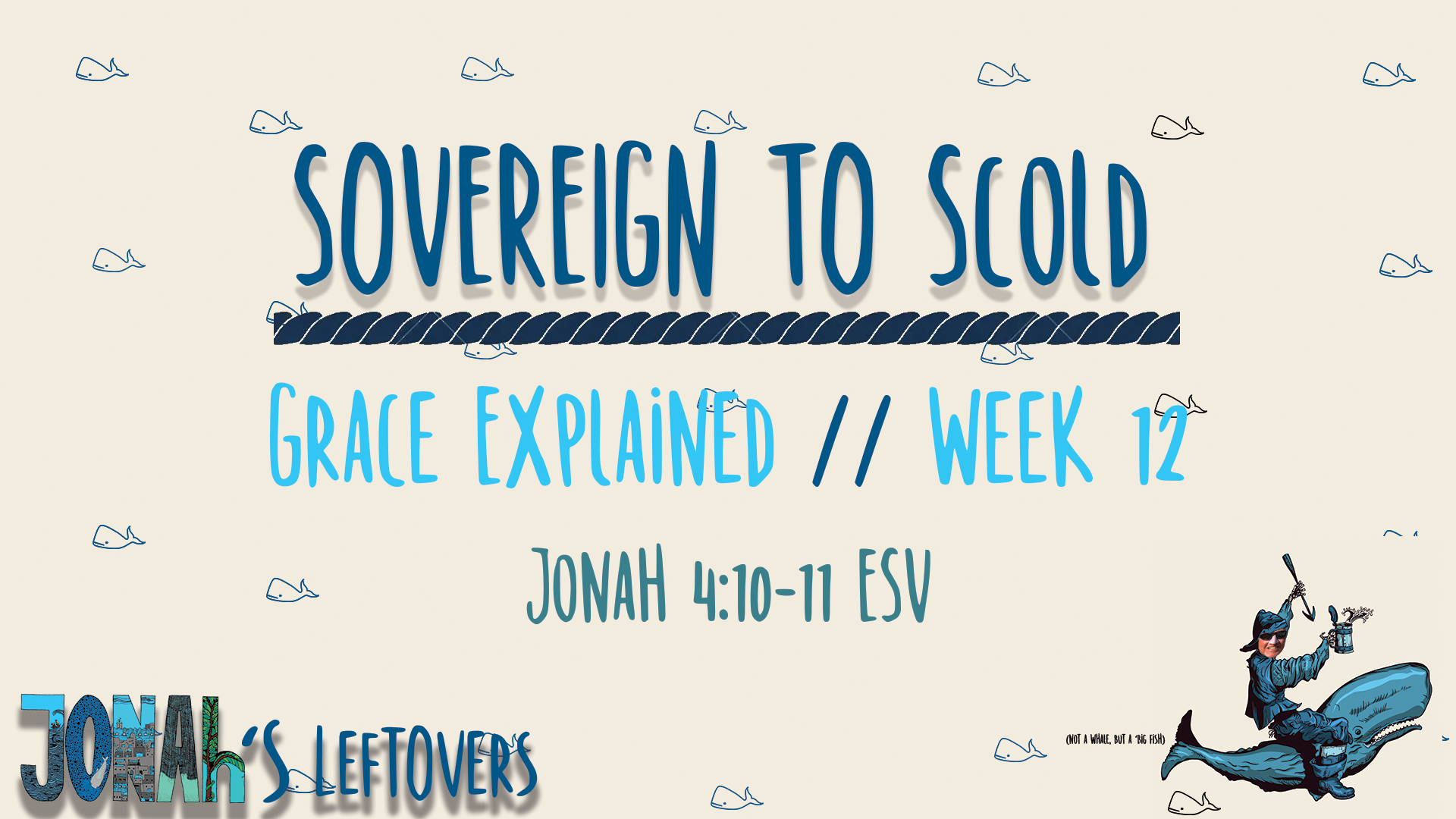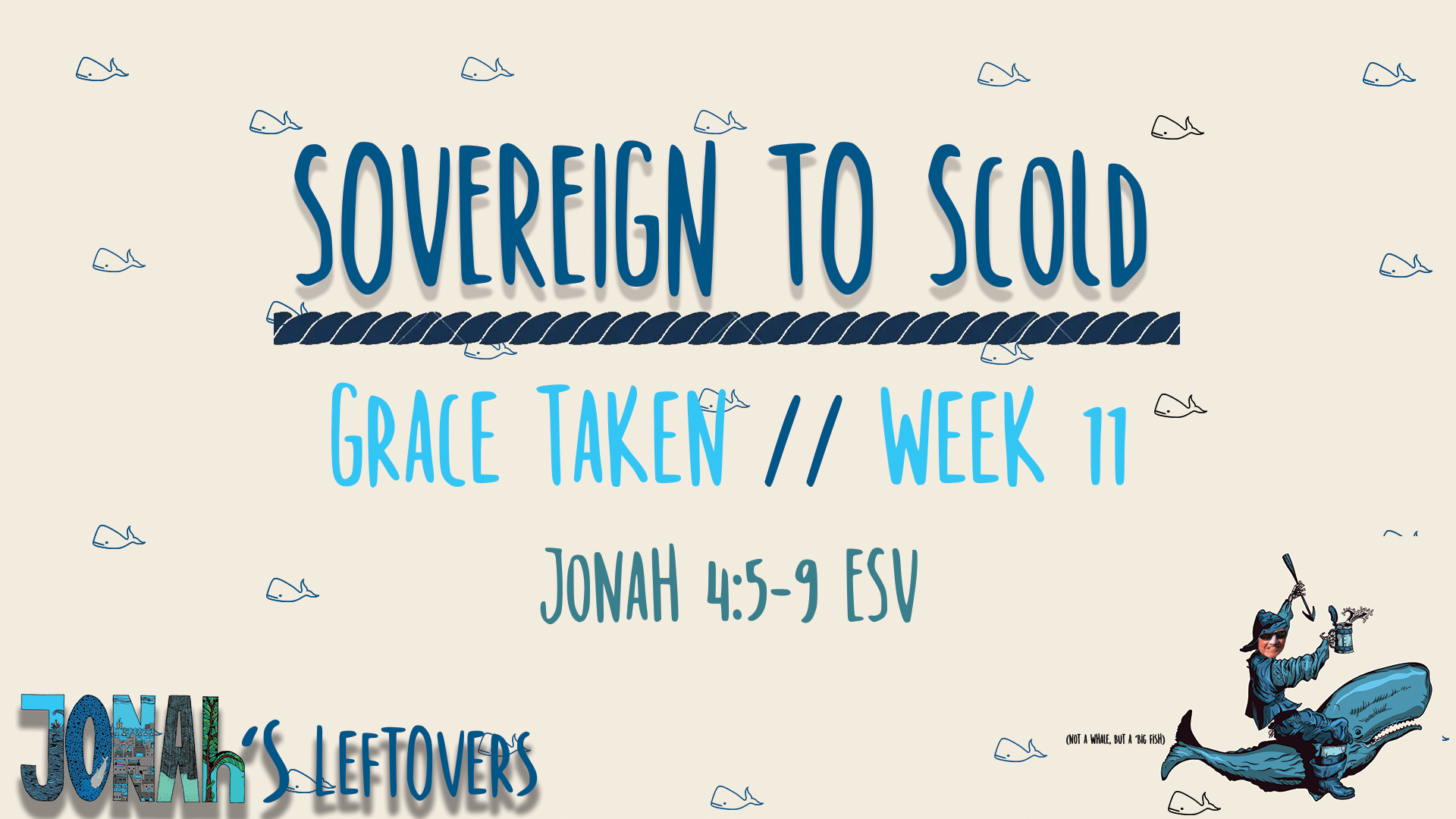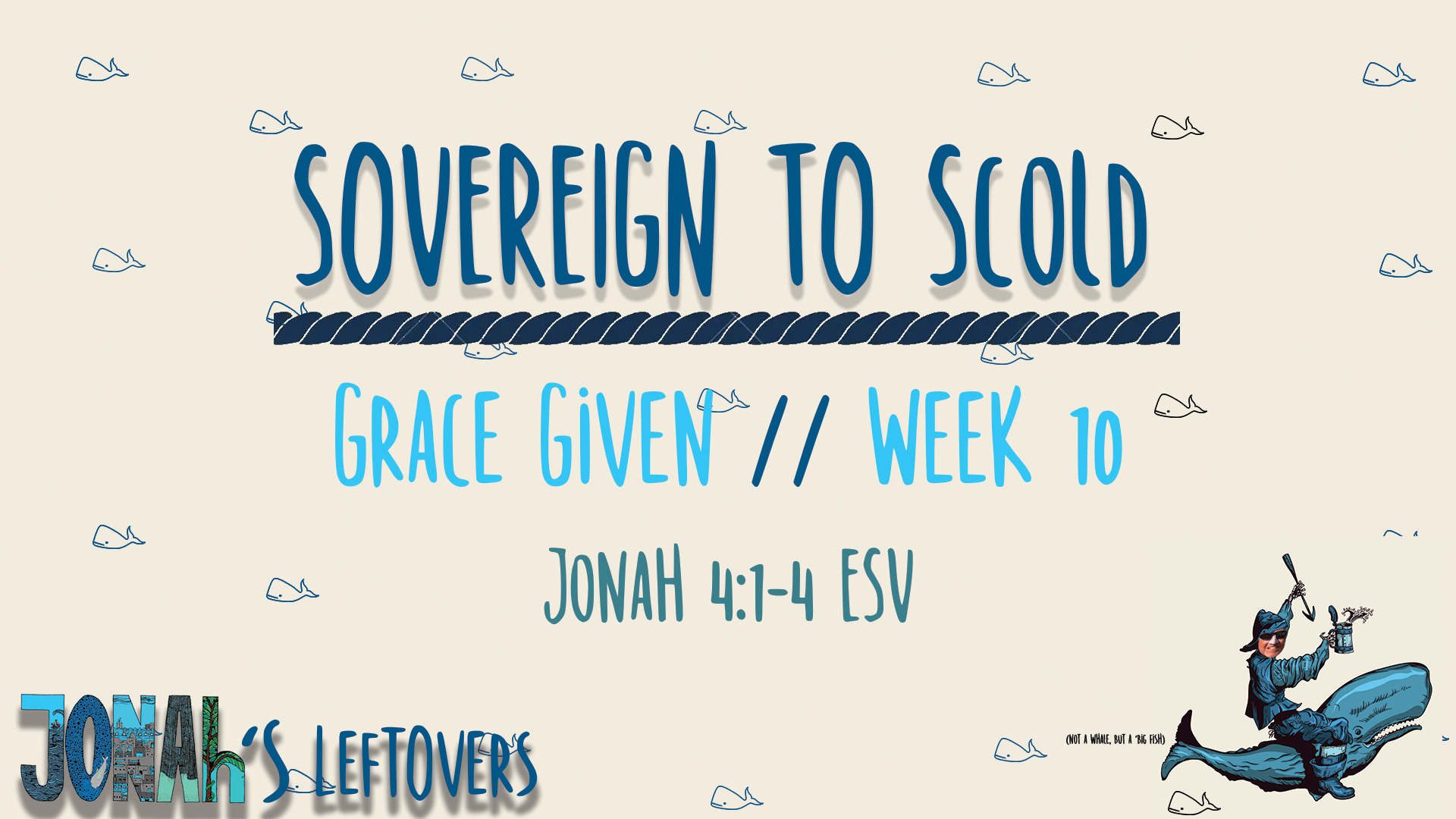Home » Jonah’s Leftovers
Jonah’s Leftovers

Welcome TO JONAH
There is a LOT of information here. So, don't try to eat it all at once; as Ted SMith says, "You Eat a whale, 1 bite at a time." So, digest portions of this scripture reference slowly and carefully. ask GHSPirit to guide you as you study. refer back to this over the full course of jonah to help you understand God's intended meaning of jonah. and bring a pen along with you as you dive into god's word, because that's a main difference in "reading," the word and "studying," the word.
Additionally: this is a combination of study materials, commentary resources, and other biblical scriptures that have been pulled together from study, in order to help us be able to examine the book of Jonah as best we can. There are areas in this blog that are "thoughts On," which means that it's not inherent scripture; therefore, you may find human erorr within it. so, As you study for yourself ask GHSPirit to reveal to you his truth from the book of Jonah and approach the text with open eyes and open hearts. And lastly, as Pastor Jo says, "Eat the meat, and leave the bones."
"Do your best to present yourself to God as one approved, a worker who has no need to be ashamed, rightly handling the word of truth." ~2 Tim. 2:15 ESV
THEME
Jonah is really a story of God’s Sovereignty over all things.
We see in the story of Jonah that Jonah wants a god of his “own making”, a god who simply smokes the “bad” people, (for instance, the wicked Ninevites) and blesses the “good” people (like Jonah and his fellow countrymen). But, when the “real God” “YHWH,” keeps showing up (not Jonah’s counterfeit god) Jonah is thrown into madness or despair. And Jonah finds the real God (YHWH) to be an enigma because he struggles to reconcile how the mercy of God can coincide with the justice of God. “How?,” Jonah even asks, “Can God be merciful and forgiving to people who have done such violence and evil? (Nineveh)
LAYOUT
The book of Jonah can be viewed as a “4 course meal,” where Jonah meets “4 sets of characters,” over the course of “4 big scenes.” Those scenes can be broken down like this:
HISTORICAL Jonah
THE BACKDROP
***btw – Not to get “too deep,” into this so that we’re drowning, but so you can better understand the dynamics of Israel; in which Jonah was serving under— in 1 Kings 11, after King Solomon dies we see the nation of Israel split into 2 kingdoms–the N.Kingdom and the S.Kingdom. And the N.Kingdom was still called Israel, and the S.Kingdom was called Judah. The Northern Kingdom of Israel was a lot larger in size, and a lot stronger; it contained most of the remaining tribes of Israel. The Southern Kingdom of Judah on the other hand was a lot smaller, and they were a lot less powerful. They only had 2 tribes on their team. But historically, (in a nut-shell) the N.Kingdom was bad, and the S.Kingdom continually tried to follow God.
***btw–Jeroboam II followed in the footsteps of Jeroboam I, an evil earthly King. We get hints in the scripture that Jonah praises Jeroboam II (2 Kings 14:25-27) whilst others of Jonah’s peers, like Amos, disagreed with that assessment and preached against Jeroboam II. (Amos 7:11). By comparing the two accounts in 2 Kings and in Amos we see on one hand: Jonah prophesying about Jeroboam II’s military awesomeness with success. But then we see Amos prophesying his military defeats…which is a whole nother’ conversation in itself.
THE PROPHETS
THE MINOR PROPHETS
THE Major + MINOR PROPHETS
THE PROPHETS ~ PRIMARY MISSION
THE PROPHETS ~ Primary Mission = COVENANT Lawyers
Now that we've walked through and established the reality of "the historical jonah," let's turn our attention to the reality of the "Literary Jonah."
LITERARY Jonah
The literary side of Jonah is a masterpiece. It includes a story line that’s so simple that even a little kid can follow it, Yet, the story itself is marked by a high degree of literary sophistication. The writer behind Jonah uses humor, hyperbole, structure, irony, double entendres, and literary figures like merism to communicate with different rhetorical tools.
So, what kind of "text" is this?!
Some say that Jonah is: allegory, Midrash, didactic fiction, parable, legend, philospohical treatise, tragedy, short story, comedy, parody, satire, and narrative history….and the good news, is yes! We find all of these elements from Jonah. As you read Jonah it is very difficult to pick out just 1.
The easiest way for me to classify it for us is like this: The literary Jonah is a “Historical-Moral-Theological Story.” There is some allegory, and some midrash, and it’s part parable, and it’s part philosophical treatise, and part parody, and historical figure, and a lot of satire. But, again, what we need to see is that Jonah is a story that’s told to get us think about God’s relationship to the world, our relationship to God, and our relationship to one another in God’s world.
So, WHAT DOES THIS MEAN?!
Since the writing style of Jonah isn’t like the Epistles or Gospels this means that we can’t read or preach Jonah like a typical “historical text,” though it does have historicity in it. We have to take into mind how it’s written. The literary Jonah isn’t “history” for “history’s sake,” but is definitely didactic (w/a ton of allegorical and parabolic interpretations)…ie. – it’s why the story is told to teach us readers some key lessons about God and people.
***btw – Didactic character shows up from the repeated usage of questions used throughout Jonah. In fact, 11 of the 14 are being addressed to Jonah himself – and the question that closes the whole book leaves us readers asking ourselves how we will respond to the “end” of the story?
Unfortunately, we don’t know who the author of Jonah is, and even if we did they would be dead now and so we couldn’t ask them anyway. So, we have to rely on clues within the book itself to gain a better understanding on the book itself.
Genre
If you forced me (like life or death) to “choose” a main genre for Jonah I would tell you that the book is “satire” – aka the exposure of human vice or folly. And from Jonah we see 4 big elements of satire take on these “forms,” in the book.
- The OBJECT OF ATTACK is Jonah and what he represents as a whole. This is, Jonah in his bigotry and ethnocentrism regarding God as the exclusive property of Israel; so, he says, “Why save anyone else?” (more on this below).
- The SATRIC VEHICLE is a narrative or story
- The SATRIC NORM or standard (to which Jonah’s bad attitudes are judged) is the character of God Himself, as God is portrayed as a God of universal mercy – whose mercy isn’t limited by national boundaries or magnitudes of sin.
- The SATRIC TONE is laughing, with Jonah emerging as an almost laughable figure – He is someone who “runs away from God,” (lol, like you can ‘run away from God,’) and he’s caught by a fish. He seems to be a childish and pouting prophet that continually prefers death over life, like when his “‘comfort blanket’ shade tree,” gets smashed by a worm.
WRITING WITH ParallelISM
The way Jonah is written also uses a ton of parallelism; which is unlike the Epistles and Gospels as it’s more akin to the Proverbs or Ecclesiastes.
For example: In C.1-2 of Jonah, he is given a command from God but fails to obey it; and then in C.3-4 he’s given the command again and this time he carries it out. And these 2 accounts are laid out in almost completely parallel patterns as you read below, compare “SCENE 1,” to “SCENE 2,”:
[[ In the next 3 sections below we'll look at a few examples of this particular HEBREW writing style, to better make sense of the literary jonah ]]
Hebrew writing style ~ Exaggeration + Symmetry pt.1
Hebrew WRITING Style ~ Hyperbole pt.2
Hebrew WRITING Style ~ Personfication cont'd pt.3
Jonah + Jesus
So….where does this leave us with Jonah and Jesus? Well, we will get more into this as we move toward (C.1:17) and Pastor Cody preaches that text, but I wanted to bring this up now before we continue through the book because it’s sometimes difficult to understand when we think through the “Literary Jonah.”
The argument usually goes something like this: Jonah HAS to be a historical book with a historical transcript because Jesus mentions it in the NT. And there are 2 reasons this argument doesn’t really hold up. (Matthew 12:39-40)
***btw – Jesus uses this rhetorical strategy in the exact same way as He mentions “literary figures,” to illustrate a larger point (see below).
So...did JonAH really happen?!
The answer is: Quite frankly, it doesn’t matter! But…Yes! There was a real life “historical Jonah,” who was a “prophet of God,” who’s been placed in the “minor prophets,” that was tasked to reiterate “God’s covenant” to Israel. And also….Yes!, there seems to be a Hebrew writing style that’s more conditioned toward a “literary Jonah,” where the usage of “hyperbole,” “exaggeration,” “personification,” and etc., are applied to drive home an intended meaning for the reader. As I personally study Jonah, the book of Jonah seems to be a combination of both. But–we could sit here all day and argue both thought processes…but, if we do that we miss the whole point of Jonah in the first place.
Have you downloaded The app?!
Check out your unique God-wiring
CHURCH IS MORE
than sunday

Jonah’s Leftovers // Jonah 4:10-11

Jonah’s Leftovers // Jonah 4:5-9


